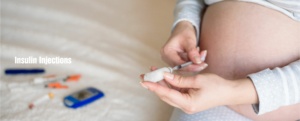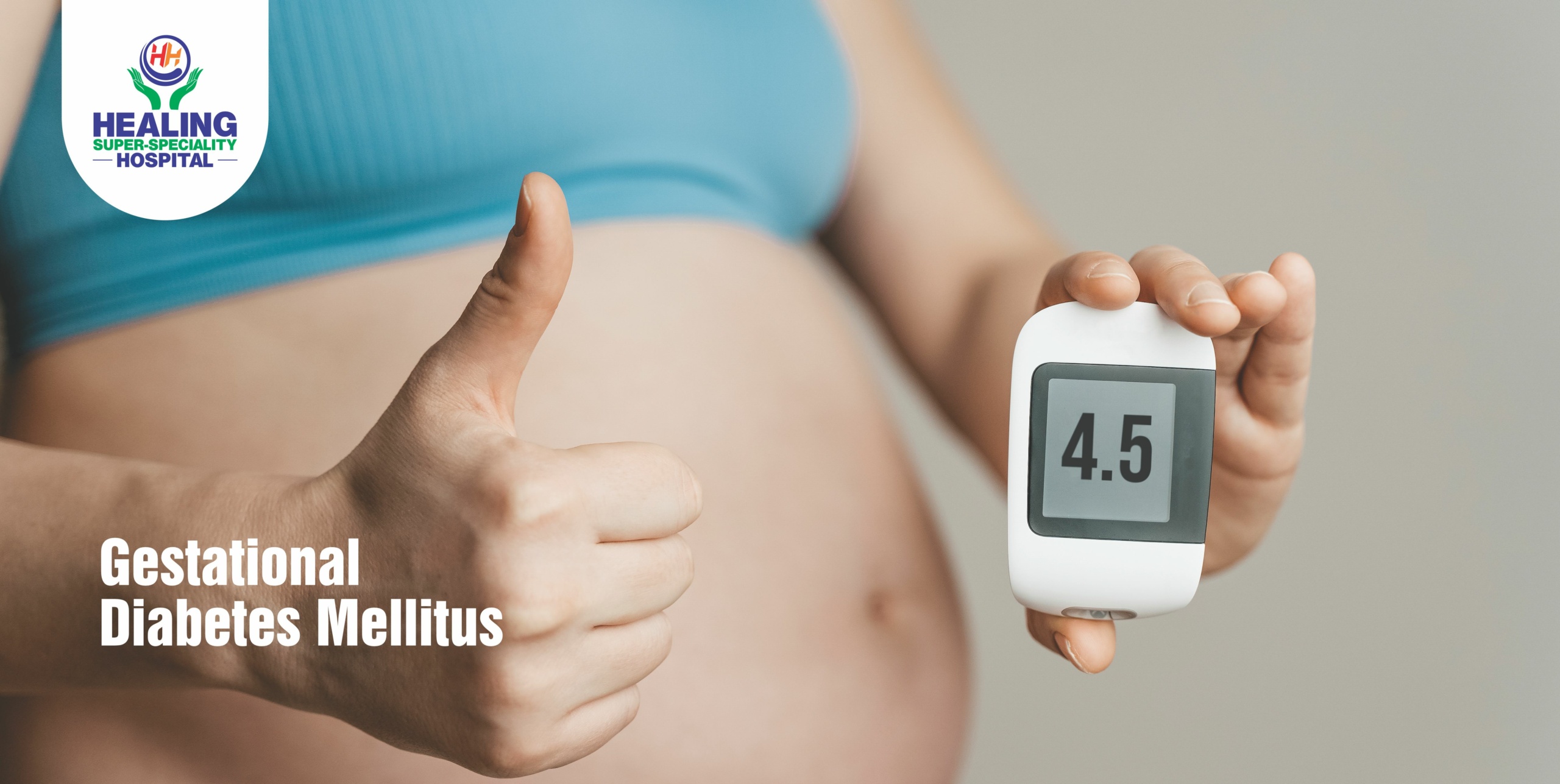Gestational Diabetes Mellitus (GDM) is a condition that occurs in pregnant women when a hormone produced by the placenta inhibits the body from utilizing insulin effectively. Excess glucose starts building up in the blood instead of being used by the cells. The good news is that gestational diabetes symptoms go away after delivery.
To understand why gestational diabetes occurs, we need know the function of the placenta. A number of hormones are produced by the placenta in order to sustain a healthy pregnancy. These include hormones such as estrogen, human placental lactogen and estrogen. However, some of these hormones can have a negative effect on insulin.
Generally starting at about 20 to 24 weeks of pregnancy, insulin resistance keeps on increasing as the placenta grows and makes more of the before mentioned hormones. During gestational diabetes, the pancreas is not able to make enough insulin to bypass the effect of placental hormones.
Although GDM can develop in any woman during pregnancy, certain risk factors such as being overweight and a family history of diabetes can increase your odds of getting affected by it. Also, woman who are older than 25 years of age are at a higher risk. If you are already pre-diabetic, then also there are higher chances of getting GDM.

The treatment options for gestational diabetes include diet modifications, increase in physical activity, insulin injections and daily monitoring of blood glucose levels. However, every pregnancy is different and the course of treatment is decided by the gynecologist based on the extent of the disease, your preference and tolerance for certain medications and procedures.

Two noticeable complications that can arise in women with gestational diabetes are: Macrosomia and Hypoglycemia. In the former condition, the baby grows larger in size than an average baby. On the other hand, hypoglycemia refers to a condition wherein the baby has low blood sugar levels immediately after delivery.
If you have developed GDM during your pregnancy, it is advisable to get your postpartum blood sugar check-ups regularly. Lifelong screening for diabetes is also important in such cases, which needs to be done after every three years.
FOR MORE INFORMATION AND APPOINTMENT CALL:
+0172-5088883, +91 9464343434
























